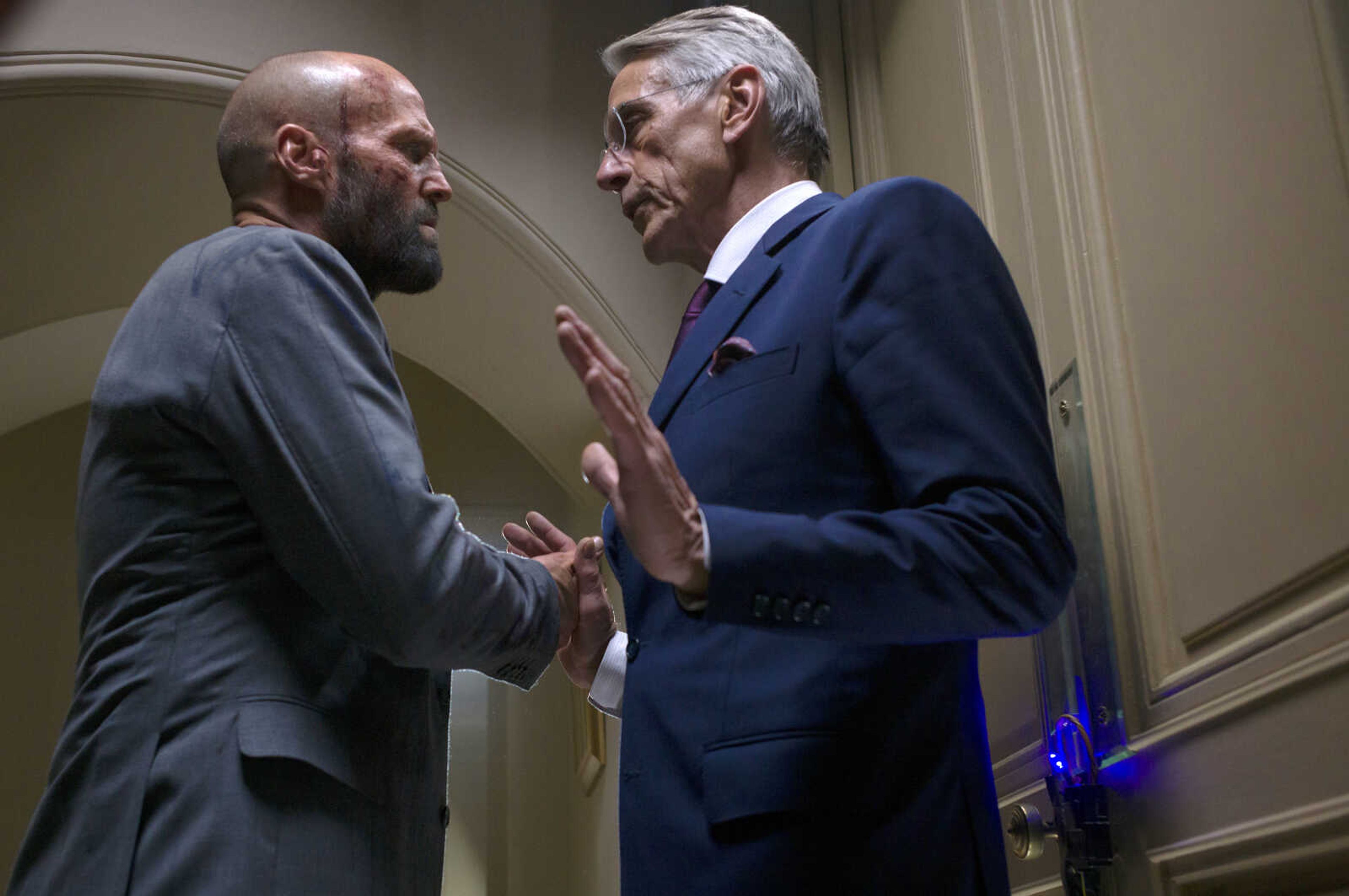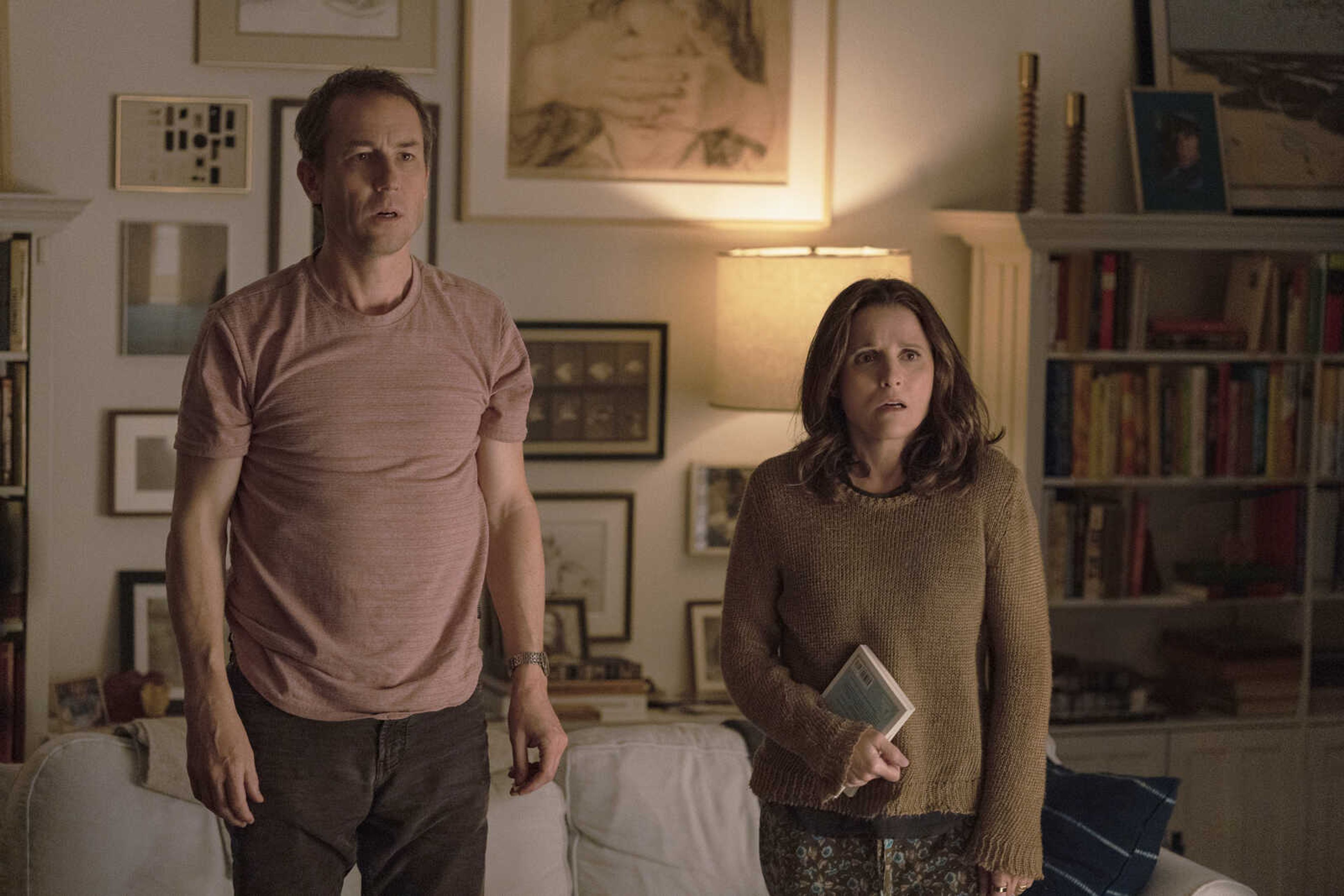Master of the oud composes songs about war
CAIRO, Egypt -- Iraqi musician Naseer Shamma's reputation as a master of the oud, a pear-shaped string instrument, is built in part on a piece he wrote to describe the horrors of war. His "Al-Amariya" draws from the Gulf War bombing of a shelter in which Iraq said 403 civilians, including 52 children, died. U.S. officials said at the time they believed the structure was an Iraqi military command center. The sorrowful piece is requested at each of Shamma's concerts...
CAIRO, Egypt -- Iraqi musician Naseer Shamma's reputation as a master of the oud, a pear-shaped string instrument, is built in part on a piece he wrote to describe the horrors of war.
His "Al-Amariya" draws from the Gulf War bombing of a shelter in which Iraq said 403 civilians, including 52 children, died. U.S. officials said at the time they believed the structure was an Iraqi military command center. The sorrowful piece is requested at each of Shamma's concerts.
Now, the musician fears war will be visited again on his country, which he says has been destroyed by two wars and more than a decade of international sanctions.
He calls any U.S. attack "unjustified aggression," but also criticizes the regime of Iraqi President Saddam Hussein.
"Iraq is just simply beautiful. It is a country of intellect, art, theaters, and poetry. Its people are not people of war, it was the president's men who went to war, not us," says Shamma.
He has lived abroad for a decade, but his family is still in Iraq.
When he was 11, Shamma saw the oud for the first time, in the hands of a stylish music teacher.
"I correlated his chicness with carrying the oud," Shamma says, adding, "the role of art is to make life more beautiful, and consequently making one more beautiful from the inside."
The oud is believed to have originated in Iraq more than 2,000 years ago.
Although Shamma's father, a shop owner, was religiously conservative, he did not object to his son's artistic ambitions. In 1985, Shamma played his own compositions at his first concert, attended by several renowned Iraqi artists.
At the time, he worked closely with "the emir of the oud," the late Iraqi master Munir Bashir. But Shamma wanted to blaze his own path.
"Master Munir invented the technique of contemplation with oud, but I wanted my music to carry content, an idea or image that is shocking."
Shamma is credited with perfecting one-handed playing. He says he was prompted by a close friend who lost his hand in the Gulf War to come up with such a method "so that no one is deprived from performing art."
His compositions, such as "Baghdad's Night" and "Maryam's Dream," are about Iraqis' sufferings. In "Al-Amariya," he tries to convey children playing, then the shelling, the chaos and grief.
"The scene of the bodies of children charred beyond recognition to me was an image of the collapse of the world, the collapse of humanity," Shamma says.
He says he doesn't take political stances.
"Who does not hate injustice and violence? This is not politicization, this is the social reality we lived and still live."
As a teenager, he endured daily rocket raids during the 1980-1988 war with Iran that drained Iraq of men and oil wealth. He fought in the Gulf War that followed Iraq's 1990 invasion of Kuwait.
"When it ended, the magically beautiful country of art had turned to ashes ... everything collapsed as if it was Judgment Day," he says.
War and its aftermath "taught me that the only salvation is to spread beauty by spreading art."
At 38, Shamma is married to Syrian poet Lina al-Teeby. They have no children because, he says, he would fear for their future.
"I am afraid that one day their nationality would not be respected or that their identity as Arabs would not be tolerated," he says, adding "especially because all Arab leaders are not that effective in taking the Arabs to a brighter future."
Shamma has toured the world since the early 1990s promoting the oud and Middle Eastern music. He is now based in Cairo, where he established the House of the Arab Oud.
The institute, which offers a two-year program for oud soloists, recently moved from the Cairo Opera House to a 300-year-old house in a historic quarter of the city.
Shamma, who himself practices for more than 10 hours daily, says he teaches not just music, but attitude, independence and morality. He pushes students to excel because "art is about seeking perfection -- it completes the missing things in life."
He hopes someday to return to Iraq. "If it hadn't been for the long heritage of art in Iraq from the days of Babylon until today, where would I have been?"
Connect with the Southeast Missourian Newsroom:
For corrections to this story or other insights for the editor, click here. To submit a letter to the editor, click here. To learn about the Southeast Missourian’s AI Policy, click here.








